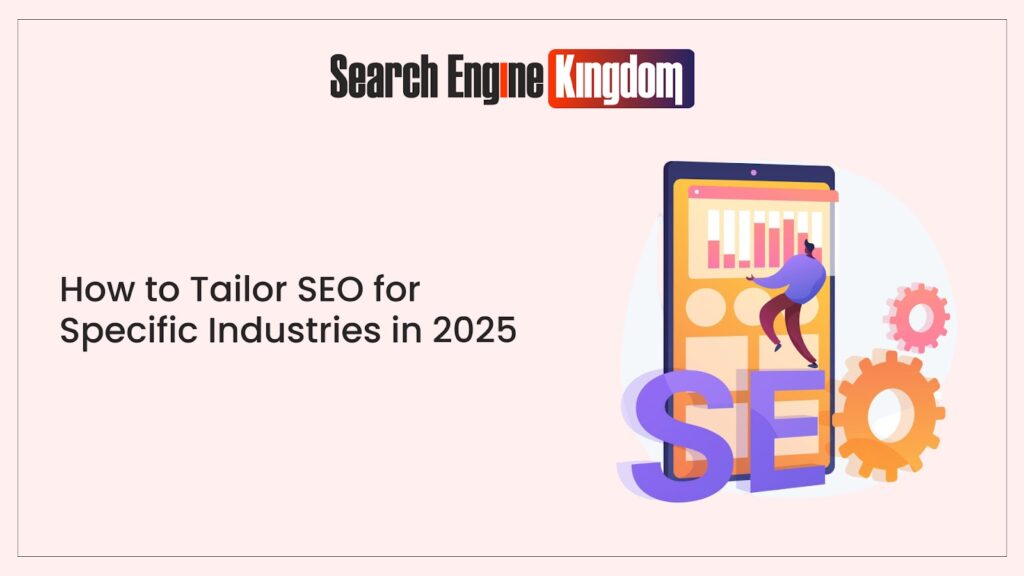
SEO isn’t a one-size-fits-all solution. Every industry has its own set of challenges, opportunities, and unique audience behaviors that require a tailored industrial SEO approach. In 2025, industries need to be more specific and strategic in how they approach SEO to stand out in competitive markets. Let’s dive into how different industries can adapt their SEO strategies to connect with their target audiences more effectively.
1. Understand Search Intent Before Anything Else
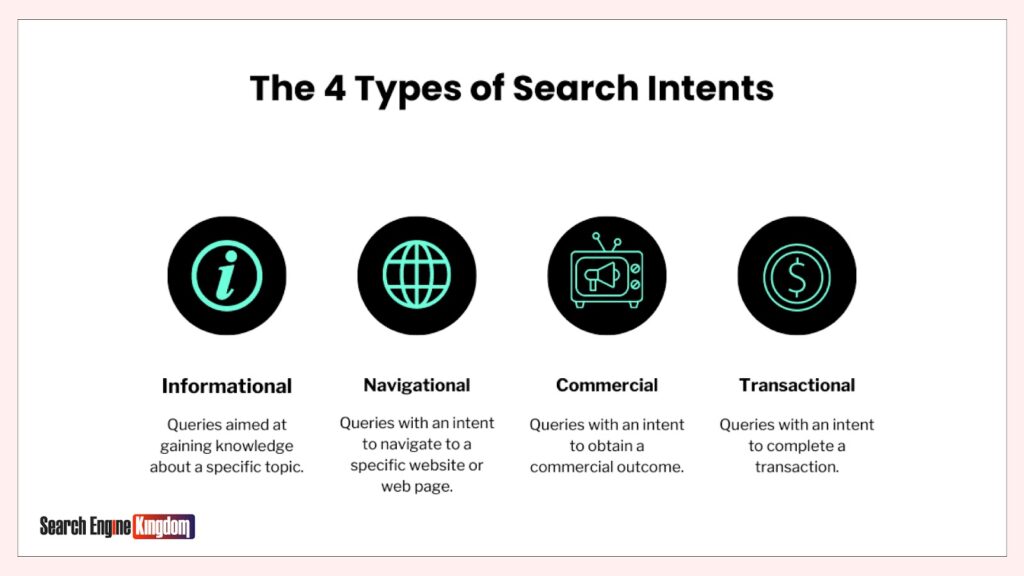
Understanding the why behind a search is key. What is your audience trying to achieve when they search for your product, service, or information? Are they just looking for information, or are they ready to make a purchase? In 2025, SEO strategies that focus on user intent will be more effective than ever.
For example, someone searching for “best CRM software” likely has a transactional intent, meaning they’re looking to make a purchase. Meanwhile, someone looking for “how to use a CRM software” might be looking for informational content. Tailor your content to match the intent behind the search, and you’ll be able to engage your audience more effectively.
2. Conduct Smarter Keyword Research
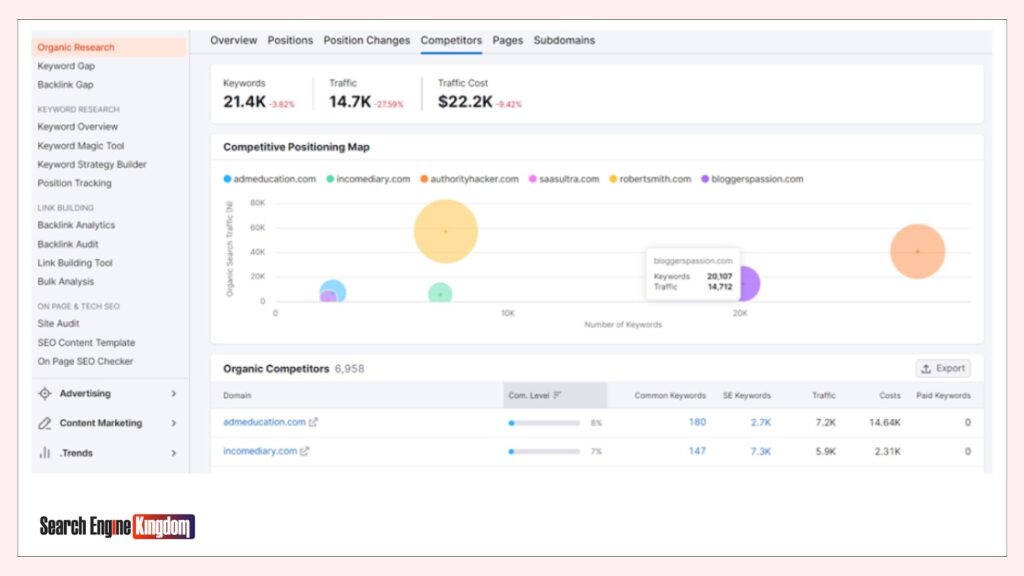
Keyword research is evolving. It’s no longer about loading content with keywords—it’s about finding industrial SEO keywords that align with user intent, industry relevance, and long-term goals. Tools like Google Keyword Planner, Ahrefs, or SEMrush can help you identify high-volume keywords with less competition, perfect for boosting your rankings.
For example, if you’re in the healthcare industry, instead of just targeting general terms like “healthcare services,” focus on long-tail keywords like “best home healthcare services for elderly in [City].” This will help you rank higher for searches that are more likely to convert.
3. Prioritize Technical SEO
Technical SEO might not always be the most glamorous part of SEO, but it’s absolutely essential in 2025. Technical SEO includes optimizing your website’s speed, making it mobile-friendly, and ensuring that your site is properly indexed by search engines. Plus,
implementing schema markup helps search engines understand the content of your pages better.
For instance, if you’re running an eCommerce site, page speed is crucial. A slow-loading product page can result in high bounce rates and lost sales. Ensuring your site is fast and user-friendly is critical for SEO success.
4. Create Content That Serves Both Users and Search Engines
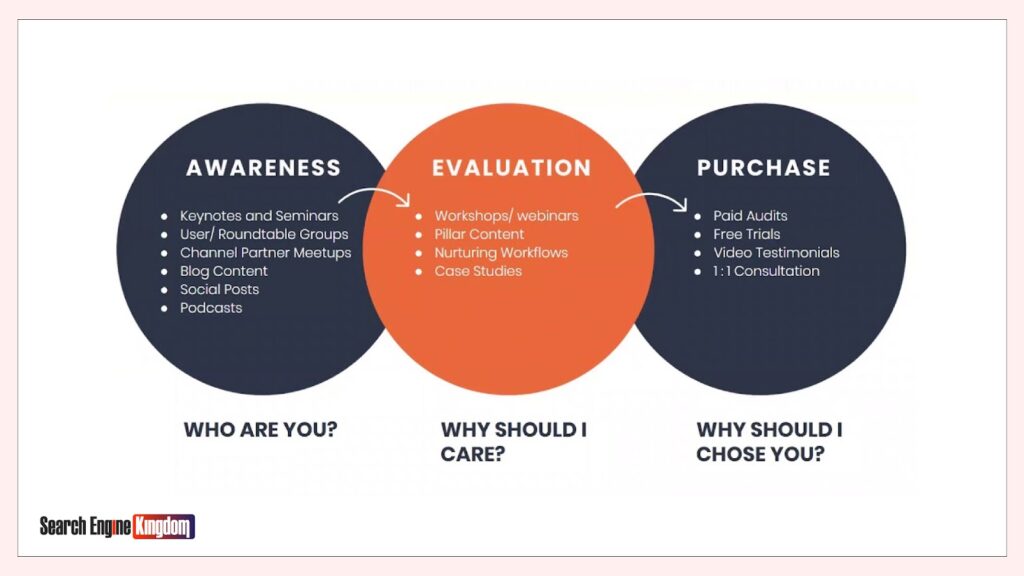
In 2025, content is still king—but it needs to do more than just rank on search engines. It needs to engage your audience, provide value, and answer their questions. Balancing SEO optimization with user experience is key.
For example, if you’re in the travel industry, your blog post about “top 10 beach destinations” should not only include target keywords but also answer users’ questions like, “What makes a beach destination great for families?” or “What’s the best time to visit this beach?” This mix of SEO optimization and user-centric content will improve both engagement and rankings.
5. Perfect Your On-Page SEO
On-page SEO is about making sure that every element on your webpage works together to help search engines—and users—understand your content. This includes everything from meta titles and descriptions to header tags, alt texts, and URL structures.
Take, for example, a restaurant trying to rank for “best vegan pizza in [city].” Ensure that your title is clear (“Best Vegan Pizza in [City] – [Restaurant Name]”), your header tags (H1, H2) are properly structured, and the content is optimized with local keywords. This will help the search engines—and customers—know exactly what to expect from your page.
6. Build High-Quality Backlinks
Backlinks are still one of the most important ranking factors in industrial SEO. But quality is more important than quantity. Earning backlinks from authoritative and relevant sites within your industry shows search engines that your content is trustworthy and valuable.
If you’re in the tech industry, for example, a backlink from a well-respected tech blog or a media outlet like TechCrunch can significantly boost your site’s authority and rankings. The key is to focus on earning backlinks from relevant sites that share your target audience.
7. Optimize for Local SEO
If your business has a physical location or targets a specific geographical area, local SEO is crucial. This involves optimizing your Google Business Profile, gathering positive reviews, and incorporating local keywords into your content.
For instance, a dentist’s office should be targeting terms like “best dentist in [City]” or “emergency dentist in [City]” while ensuring their location, hours, and contact information are up to date on Google. This will help ensure that your business shows up in local searches and on Google’s Local Pack.
8. Monitor and Adjust Using SEO Tools
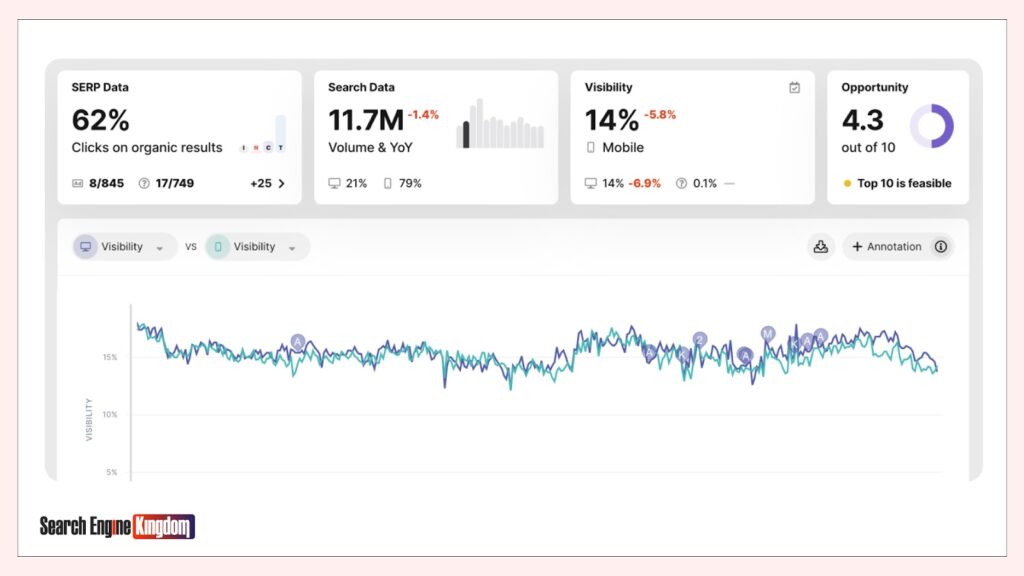
SEO isn’t a one-and-done effort. It’s an ongoing process that requires regular monitoring and adjustments. Tools like Google Analytics, Google Search Console, and other third-party platforms can help track your website’s performance and identify areas for improvement.
For example, if you notice a page ranking well but not converting, it might be time to tweak your calls-to-action or update the content. Regular analysis and adjustments will help you stay ahead of the competition and continuously improve your SEO strategy.
Conclusion
Tailoring your industrial SEO strategy for your specific industry in 2025 is essential to staying competitive. Whether you’re addressing search intent, refining your keyword research, perfecting technical SEO, or focusing on local SEO, each part of your strategy should be designed with your industry in mind.
By creating content that serves both users and search engines, building high-quality backlinks, and using SEO tools to track performance, you’ll ensure that your SEO strategy remains effective. Remember, SEO is always evolving, and staying flexible and adaptive is the key to long-term success. In 2025, a tailored SEO strategy will help you attract the right audience, increase your visibility, and drive results that matter.
Search Engine Kingdom provides expert insights to help you stay ahead in your industry.
